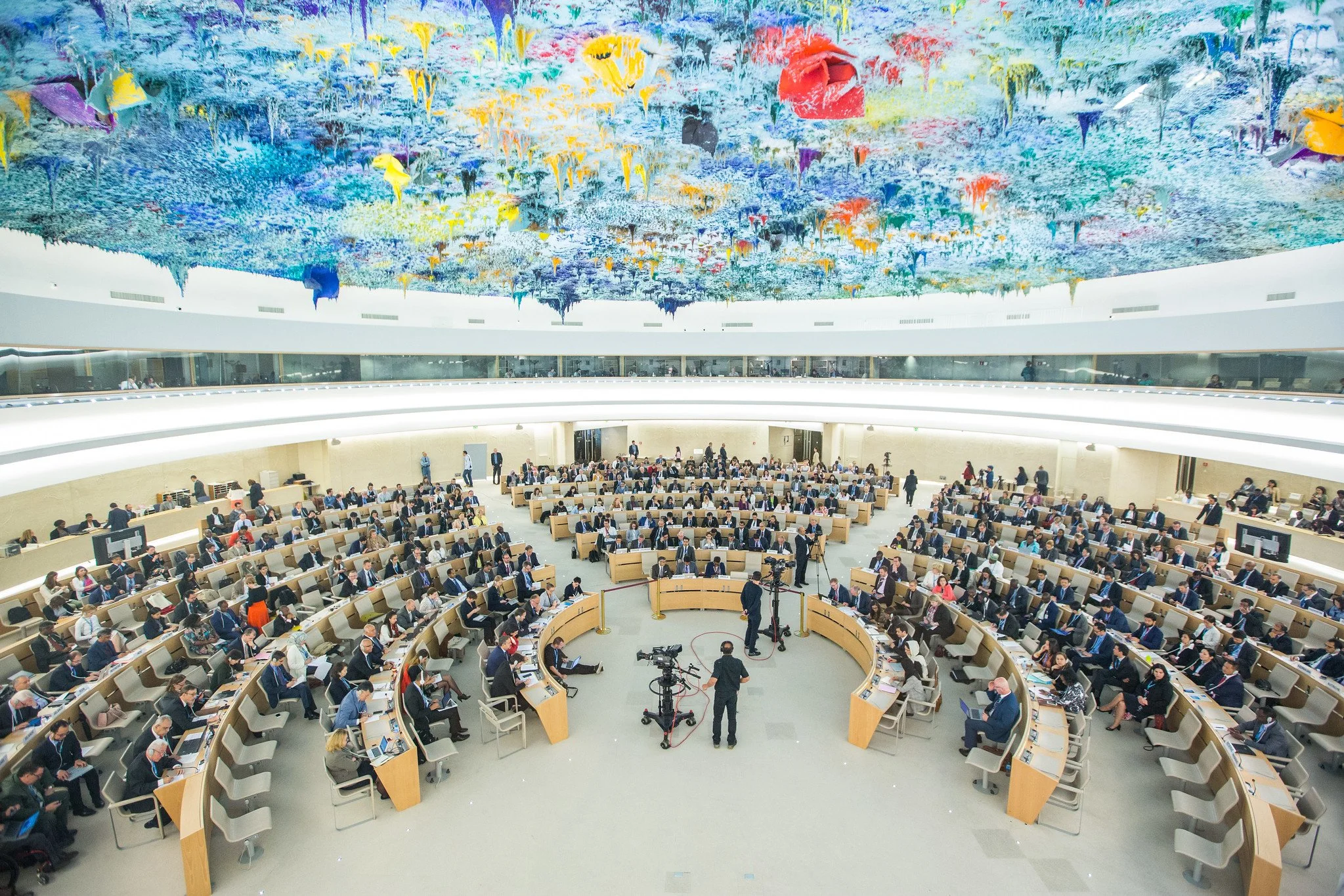Vietnam: As Vietnam’s UN human rights review concludes, PEN International reiterates concerns over country’s freedom of expression record
Image credit: CC BY-ND 2.0
20 September 2024: As Vietnam’s latest human rights review at the United Nations formally concludes next week, PEN International reiterates its concerns over the Vietnamese government’s ongoing efforts to silence dissenting voices through censorship and repression.
‘As Vietnam’s latest human rights review comes to a close, we once again call on the Vietnamese authorities to end their retaliatory campaign of repression and censorship against writers, journalists, bloggers and others for engaging in peaceful expression. While the Vietnamese government continues to misuse the legal system as a tool to silence dissenting voices, its claim that it upholds freedom of expression remains illusory’ said Ma Thida, Chair of PEN International’s Writers in Prison Committee.
Next week, the United Nations Human Rights Council is due to discuss the adoption of its report on the outcome of Vietnam’s fourth Universal Periodic Review (UPR), a unique process that requires every member state of the United Nations to undergo a periodic review of its human rights situation, providing an opportunity for the international community to raise concerns and recommendations concerning the human rights situation of the State under review.
As part of Vietnam’s latest UPR, PEN International joined Vietnamese Abroad PEN and PEN America to submit a joint report (available here) documenting how the Vietnamese government has continued to subject writers, journalists, bloggers and other critical voices to arbitrary arrest and long-term imprisonment for exercising their right to freedom of expression.
Included among the concerns raised in the report are the Vietnamese government’s systematic misuse of the country’s legal system to effectively criminalise critical expression towards the government or its policies. Specific legislation includes Articles 117 and 331 of the 2015 Penal Code, which has been routinely used as a basis to imprison writers, journalists and others for their peaceful expression. Those targeted under the legislation include writer, blogger and human rights defender Pham Doan Trang, who is currently serving a 9-year sentence in the name of violating Article 88 of the 1999 Penal Code (the precursor to Article 117 of the current 2015 Penal Code).
Other examples detailed in the report include Vietnam’s 2018 Cybersecurity Law, which contains several vaguely defined provisions that threaten freedom of expression online by granting authorities sweeping powers to arbitrarily delete online content, collect user data and shut down online platforms. The legislation also prohibits a wide range of online activities on the basis of vague and subjective offences, including ‘distorting history’ and ‘providing false information’, without providing clear guidance on how such offences are defined. This raises significant concerns for freedom of expression online as the legislation provides authorities with broad discretionary powers to censor, subject individuals to unlawful surveillance and prosecute them for peacefully exercising their right to freedom of expression online.
Despite the government of Vietnam claiming during the review that it ‘upheld freedom of expression, freedom of the press and the right to access information, as stipulated in the Constitution and laws’, the concerns raised in our joint report were shared among many of the 133 States that submitted recommendations as part of Vietnam’s UPR review. Among the recommendations made by states were over 20 specific recommendations concerning the right to freedom of expression, including calls for the amendment of articles 117 and 331 of the 2015 Penal Code and the 2018 Cybersecurity Law to bring them into line with international human rights standards.
As Vietnam’s fourth UPR concludes, PEN International reiterates its call for the government of Vietnam to end its systematic curtailment of the right to freedom of expression, and to immediately end its campaign of repression against writers, journalists, bloggers and others for their peaceful expression.
For further information please contact Ross Holder, Head of the Asia/ Pacific Region at PEN International, email: ross.holder@pen-international.org


